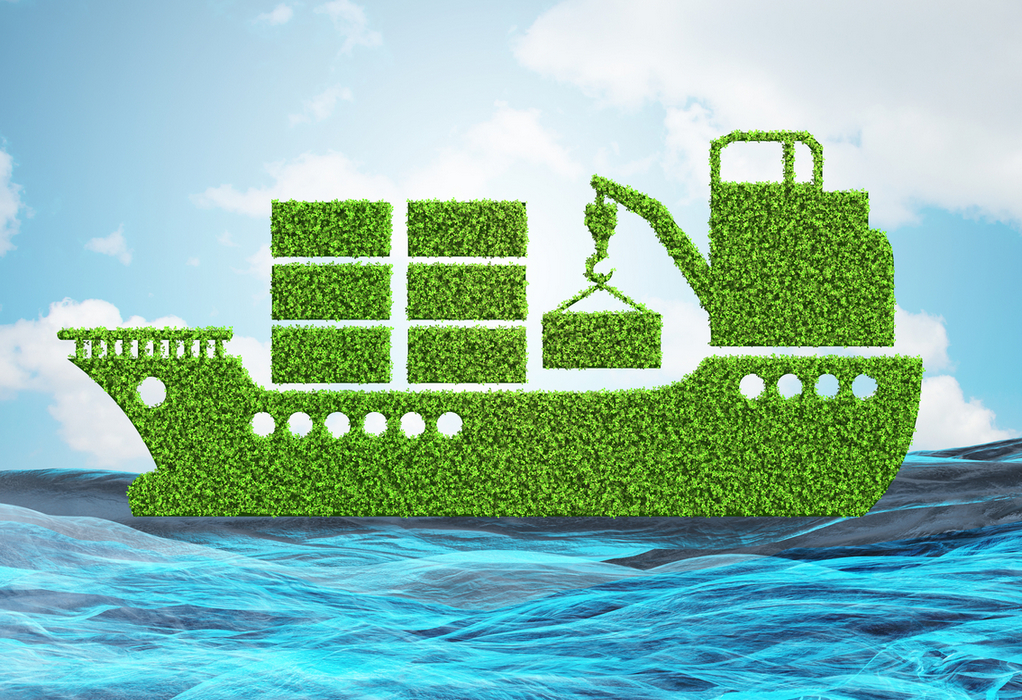The Vancouver Fraser Port Authority, together with partners from across the port community, are testing various low- and zero-emission fuels and technologies at the Port of Vancouver, as part of the port authority’s efforts to phase out all port-related emissions by 2050 in support of the Government of Canada’s goal to achieve net-zero emissions by 2050.
Through the Low-Emission Technology Initiative, a joint initiative between the port authority and the Province of British Columbia, the port authority and the province have each committed C$1.5m in funding to support the port community’s transition to low-emission energy, including the testing of battery-electric-powered terminal tractors, 100% biodiesel on commercial ferries, a hydrogen-powered crane, and 100% renewable diesel on a terminal locomotive and one of the port authority’s patrol boats.
Efforts to test low-emission fuels include a six-month trial of 100% renewable diesel on one of the port authority’s patrol boats, the Takaya, making the port authority the first federal agency in Canada to run a vessel on 100% renewable diesel. Shell Canada, a partner on this project, supplied the renewable diesel and provided significant technical expertise.
Across the port, many other low-emission fuels and technologies are being tested by members of the port community.
DP World, which operates four container terminals across British Columbia, has, for example, recently installed five zero-emission electric rail-mounted gantry cranes at its Centerm container terminal on the south shore of Burrard Inlet. It is also in the final planning stages of retrofitting a hydrogen-fuel-cell-powered rubber-tired gantry crane. This retrofit is expected to significantly reduce DP World’s emissions and confirm a path forward to widespread decarbonisation of the company’s rail-mounted gantry crane fleet. At its Centerm terminal, DP World also installed additional shore power technology, which now enables two container ships at a time to turn off their engines and plug into hydroelectric power, reducing greenhouse gas emissions.
Through another initiative, Viterra, which operates two grain terminals on the south shore of Burrard Inlet, recently began a six-month trial of 100% renewable diesel on one of the locomotives at its Pacific Terminal. The trial, which is funded in part by the port authority and the province, is intended to test the use of low-emission renewable diesel as a replacement for regular diesel. Shell Canada again supplied the renewable diesel.
Tags: Alternative Fuels, Hydrogen, NetZero, Renewable, Vancouver Port

Recent Posts
ONE and Ancotrans reduce CO2 emissions with first FH e-Trucks
Accelleron, HD Hyundai Marine Solution renew long-standing agreement
Hapag-Lloyd and IKEA collaborate to advance cleaner shipping
Varuna Group’s pioneering role in sustainable logistics with Climes
Demand for clean ammonia will increase 3-fold by 2050: Study
NYK Line recycles ship lashing belts into solid fuel
Why the North Pole is warming faster?
Carbon Clean building carbon capture units